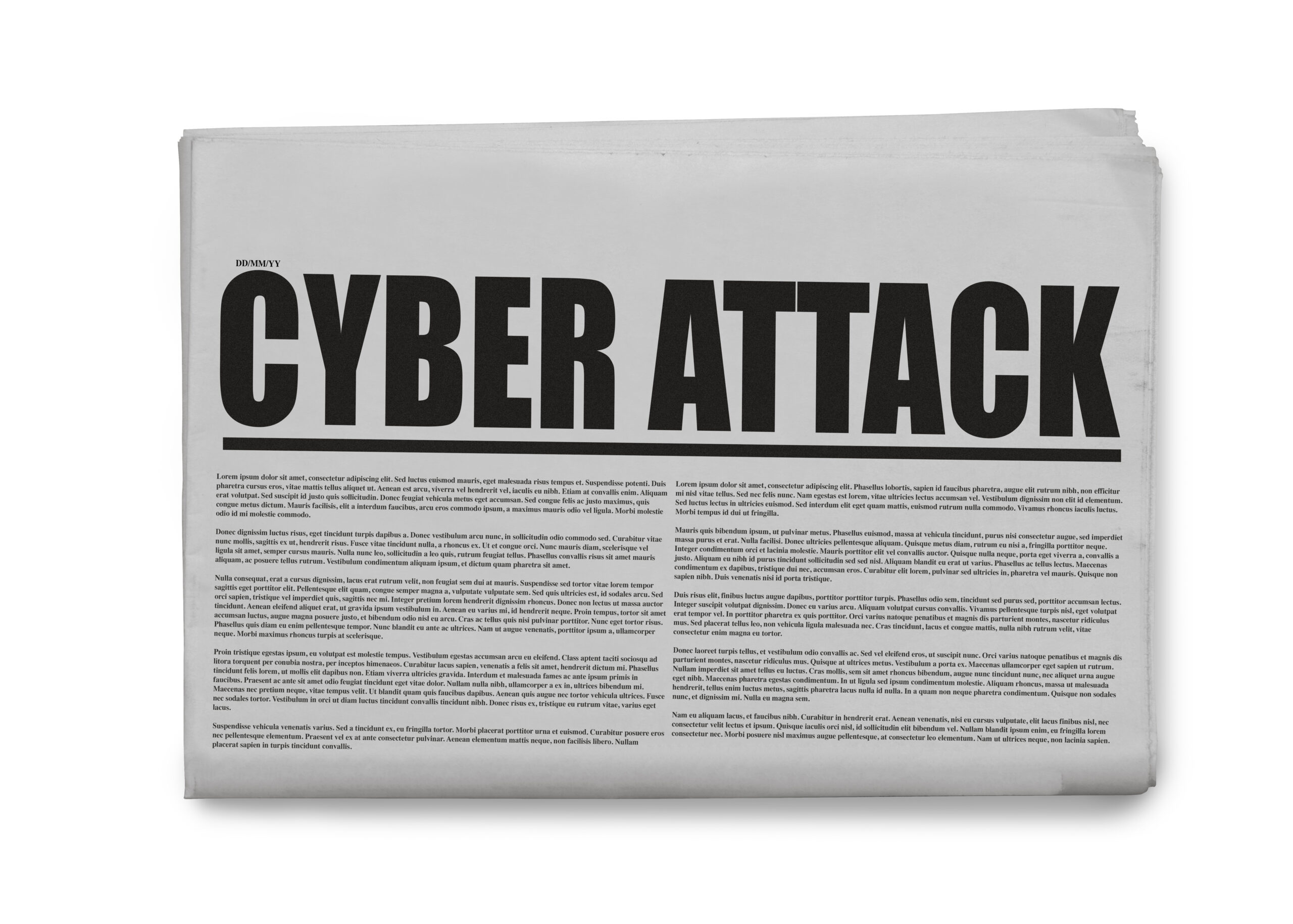Protecting Your Business from Cybersecurity Breaches
Hey there, fellow business owner! We need to talk about something really important today: cybersecurity. Now, I know what you might be thinking. Cybersecurity? That’s for big corporations, not for small businesses like mine.” But let me tell you, my friend, that couldn’t be further from the truth. Just take a look at what happened to Rollbar, a software bug-tracking company. They recently experienced a data breach where unknown attackers hacked into their systems and got hold of customer access tokens. This breach was discovered after the fact, leaving Rollbar and their customers vulnerable for days. But why should you care about Rollbar’s breach? Well, because it serves as a wake-up call for all of us. If a company that deals with cybersecurity on a daily basis can fall victim to an attack, then it’s clear that no business is truly safe.Understanding the Breach
Let’s dive a bit deeper into what happened with Rollbar. The breach was discovered when the company noticed unusual activity in their data warehouse logs. It turns out that an unauthorized party had accessed their systems using a service account. Once inside, the attackers went on a mission to find valuable information. They searched for cloud credentials and even Bitcoin wallets. It’s like a thief breaking into your office and rummaging through your filing cabinets, looking for sensitive documents and cash. Rollbar’s investigation revealed that the attackers had free reign over their systems for three whole days. During that time, they managed to access customer information, including usernames, email addresses, account names, and project details. It’s like someone taking a peek at your customer database and getting their hands on your most valuable client information.The Stolen Tokens
But here’s the real kicker: the attackers also stole project access tokens. These tokens are what allow customers to interact with Rollbar’s projects, granting them access and control. Can you imagine if someone took control of your business operations and started making changes without your knowledge? Rollbar took immediate action to mitigate the damage. They expired all the compromised access tokens and engaged a third-party forensic consultant to verify their findings. But the fact remains that this breach happened, and it could happen to any of us.Protecting Your Business
So, how can you protect your business from cybersecurity breaches like the one Rollbar experienced? Here are a few key steps you can take:1. Educate Your Team
Your employees are on the front lines of your business. Make sure they understand the importance of cybersecurity and how to recognize potential threats. Conduct regular training sessions and keep everyone informed about the latest best practices.2. Implement Strong Password Policies
Weak passwords are one of the easiest ways for hackers to gain access to your systems. Encourage your team to use complex passwords and consider implementing multi-factor authentication for added security.3. Keep Your Software Up to Date
Software updates often include important security patches. Make sure all your systems and applications are regularly updated to minimize vulnerabilities.4. Backup Your Data
Regularly backup your data and store it securely. This way, even if your systems are compromised, you’ll still have a copy of your important information.5. Work with a Reliable IT Services Provider
Perhaps the most crucial step you can take is to partner with a trusted IT services provider like us. We specialize in cybersecurity and can help you implement robust security measures tailored to your business needs. Don’t wait until it’s too late to seek professional assistance.How Can I Ensure the Security of My Shared Cloud Storage to Prevent Data Breaches?
To prevent data breaches, keeping shared cloud storage organized is crucial. Implement access controls and permissions to limit who can view and modify files. Regularly update software, use strong passwords, and enable two-factor authentication. Encrypt sensitive data and educate users on safe practices. Perform regular audits and reviews to ensure data security measures are effective.


